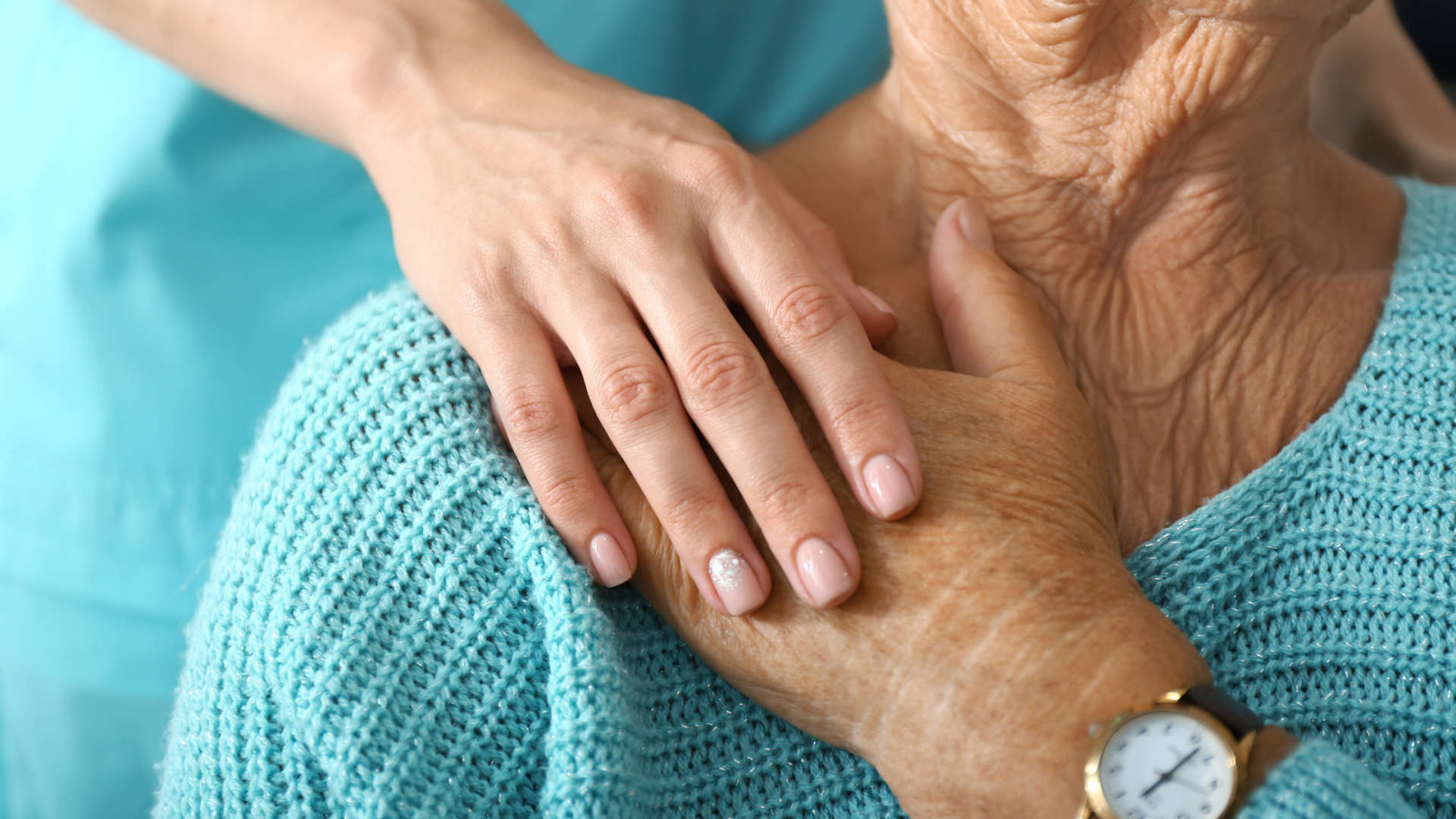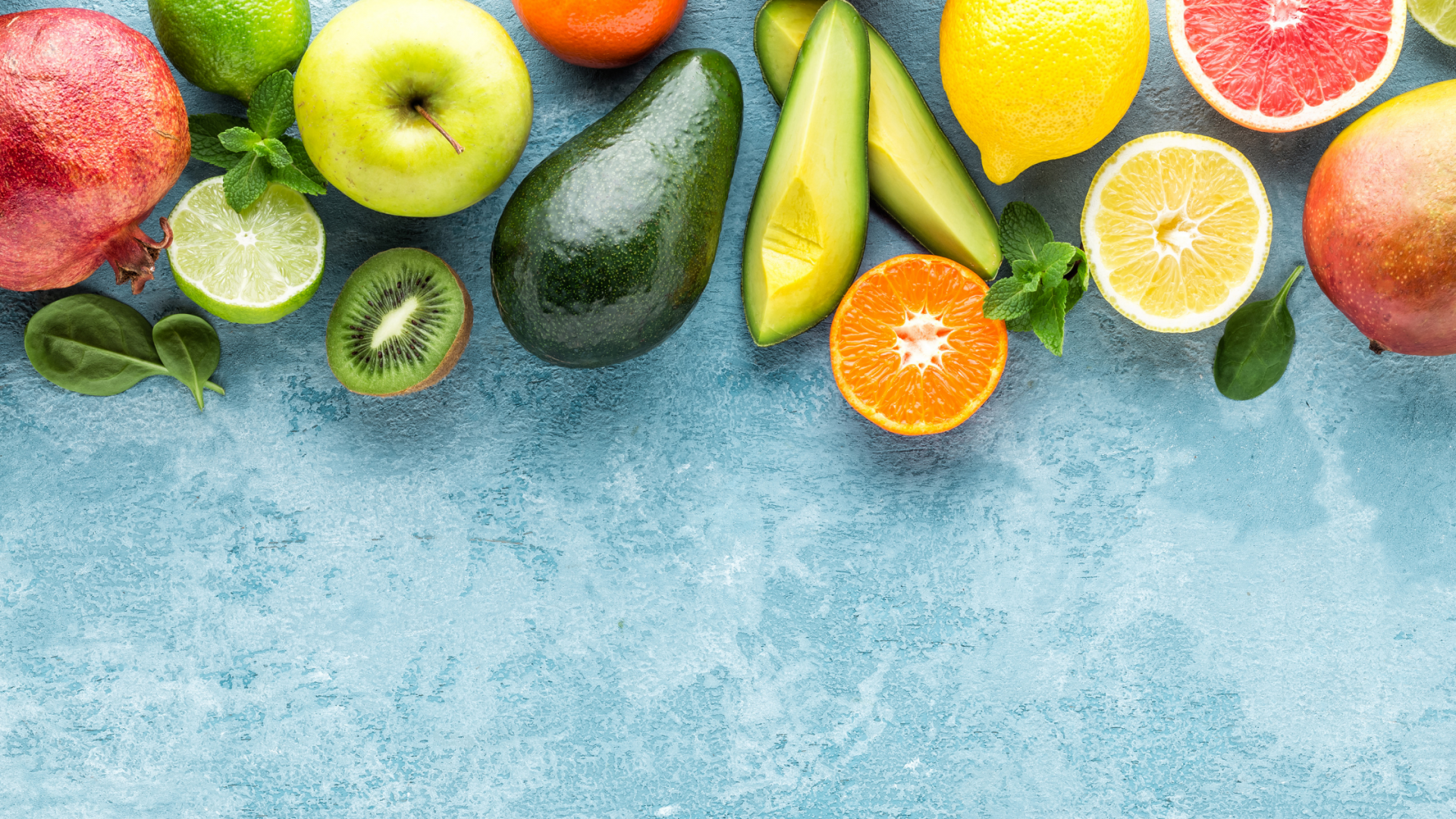Continuing to feel healthy and living life to the fullest is important at any stage of life. Getting older often comes with its fair share of hardship, and at times it can be challenging to stay mentally strong and healthy.
Major lifestyle changes linked to later life, can have a great impact on our social connections and dealing with our emotions. Transitions surrounding retirement, decreased mobility, requiring assistance, financial burdens, limited driving privileges, and a loss of a partner, relative or close friend, can all take a direct toll on our mental health.
If feelings of loneliness, stress and worry are preventing you from getting the most out of life, know that you are not alone. There are many ways in which support can be provided and help you cope with the changes that accompany growing older.

Connections matter
Whilst building and maintaining valuable social connections throughout your life is important, the risk factors associated with feelings of loneliness, isolation and disconnection are often increased with age. Being able to experience meaningful contact with family, friends and the community can provide a protective barrier against symptoms of anxiety and depression and help you to stay mentally fit.
People who regularly get together with friends or family for outings, meal times and other special events create a sense of happiness and security within their support network. Getting involved in local council activities and social clubs surrounding your interests, like theatre, cards, fitness, cooking, gardening, and many other hobbies, is a great way to boost your connections within the community and establish a sense of purpose.
Speak up for support
Some people find it difficult to share their personal experiences with others for fear of rejection, appearing weak or being seen as a burden. However, keeping silent can often lead to poorer mental health in the long run, as people cannot help you if they don’t know what is going on. You do not have to go through troubling times alone; support from family, friends or a health professional is always an option. Simply chatting with a friend over the phone or catching up with a coffee, is a great way to start a conversation with others and show that you care and are supportive.
Healthcare providers, especially those in primary care, can play a key role in improving mental health support for seniors. If you are experiencing symptoms of anxiety or depression, talking to your GP is a great first step. Beyond providing a diagnosis and examining viable treatment options, they are also able to refer you to a mental health specialist.
Movement is medicine
Exercise is heralded for its benefits for physical health, such as reducing the risk of falls, improving balance and coordination, and reducing the risk of chronic disease – but did you know that it plays a big role in improving mental health too? Through boosting happy brain chemicals endorphins and serotonin, exercise can help regulate stress, mood and help you think more clearly. Movement also supports better quality sleep, which tends to become harder to come by as you get older.
The key to reaping these benefits is to move your body regularly. Weekly classes tailored for seniors, such as those run by SHARE, are an excellent way to keep yourself motivated and active.
Eat well to age well
Having a balanced diet can be linked to good mental health, maintaining body weight, muscle strength, and overall wellbeing. It is important to remember to choose a wide variety of foods from the 5 food groups provided by the Australian Guide to Healthy Eating, when creating meal options:

- A mix of colourful fruits and vegetables – aiming for at least 5 portions of vegetables and 2 servings fruits daily
- Grains and cereals – choosing wholegrain and high fibre options where you can
- Lean meats and poultry, oily fish, eggs, tofu, legumes/beans, nuts and seeds
- Reduced fat varieties of milk, yoghurt and cheeses
- Drinking approximately 8 to 10 cups of water daily for hydration
- Limited amounts of processed, packaged foods and drinks that are high in saturated fat or added sugars
If you eat less or have digestive difficulties, it is important to speak to your doctor or see an Accredited Practising Dietitian about your specific nutritional needs as you may be deficient in certain essential vitamins and minerals. Speak to us about a consultation.
Drinking plenty of fluids and eating fibre-rich foods can also aid in digestion and reduce constipation by helping to soften and move slow bowels.
It can often be difficult for older people to regularly grocery shop, so ensure that cupboards are well-stocked with food that will keep for a long period of time without going stale. Frozen fruits and vegetables and canned legumes such as chickpeas and lentils are helpful staples to have on hand.
If you are on a budget, try to plan out your meals in advance. Use quick and easy healthy recipes, like our Raspberry & Yoghurt Bircher Muesli, and our Salmon & Soba Noodle Salad, which can easily be modified to cook for 1-2 people. Ensure that you use up all ingredients and purchase only what you need in order to prevent food wastage.
NSW Seniors Festival 2021
Nutrition Australia NSW and our friends over at SHARE are excited to be part of a number of FREE events for seniors run throughout the month of April. Come along and learn how nutrition and eating well can benefit you!
Nutrition Australia NSW is proudly supported by NSW Health.




